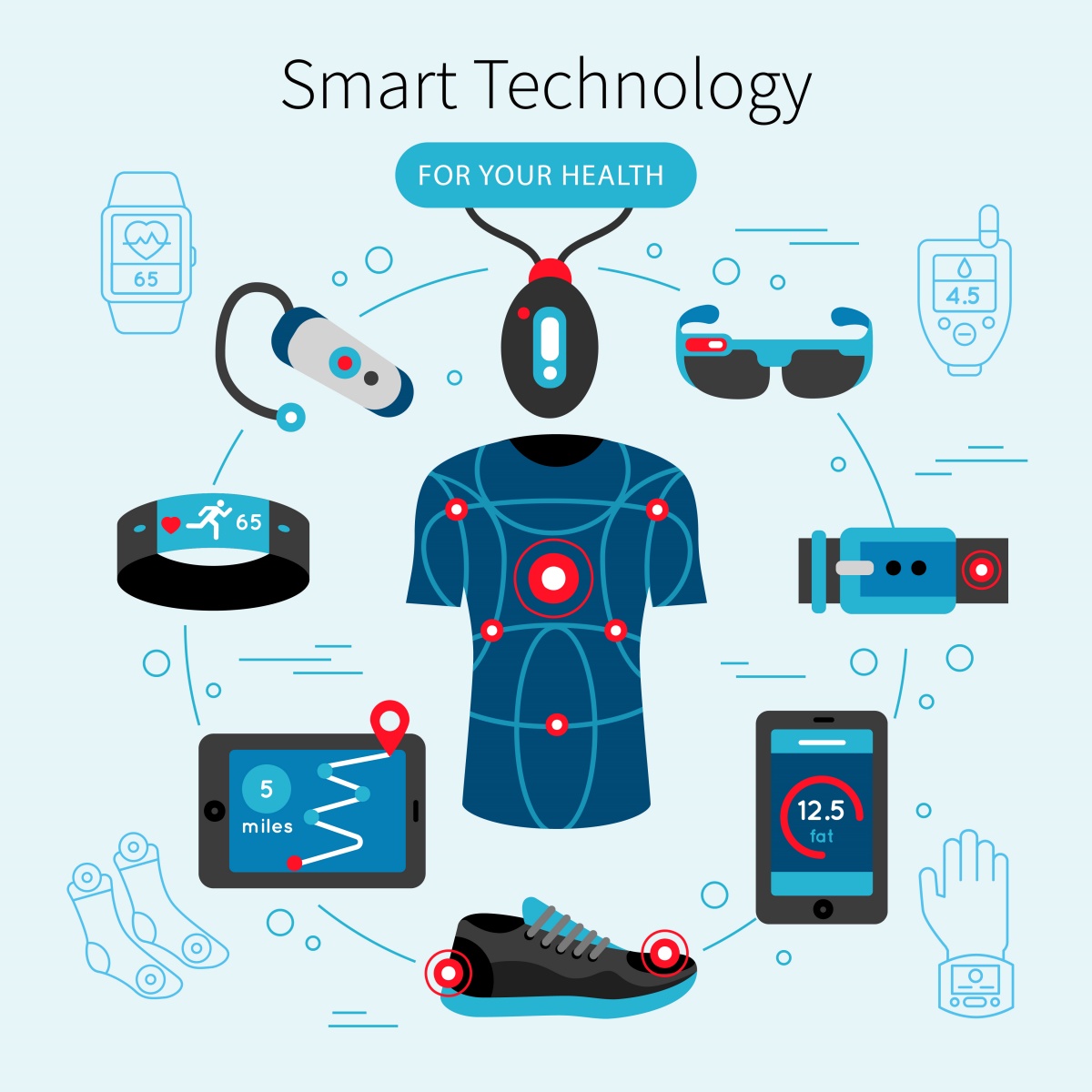What if your smartwatch alerts you to early signs of illness, your doctor customizes your treatment based on your genetic profile, and AI ensures every diagnosis is accurate? This could happen sooner than you think, in the coming months, if medical experts are to be believed.
ETV Bharat asked industry experts about trends that are set to dominate the coming year in the fields of medicine and wellness.
1. The Era of Personalized Medicine
Advancements in genomics and data analytics are allowing healthcare providers to tailor treatments to individual genetic profiles, lifestyles, and environments. Dr. PK Goyal, Senior Consultant at Fortis Hospital says, “Personalized genomics allows treatments to achieve better efficacy and reduced side effects, marking a shift toward precision medicine.” This trend is driving the integration of genomics into routine care, ensuring that every patient receives a custom-tailored approach to their health challenges.
Behram Khodaiji, Group CEO of Ruby Hall Clinic, notes, “Preventive health initiatives, early disease detection, and lifestyle interventions will also gain prominence, enabling people to take control of their health before conditions escalate.”
2. Telemedicine Reimagined
Telehealth is no longer a pandemic-era solution but a permanent fixture in modern healthcare. According to Abhinav Lal, Co-founder of Practo, “Telemedicine has shifted from emergency care to a lifeline, now accounting for over 20% of outpatient visits in many healthcare systems.” In 2025, we’ll see telemedicine expand into specialized fields like tele-ophthalmology, tele-ICU, and tele-dermatology. The integration of AI with remote monitoring devices will allow doctors to flag issues like irregular heart rhythms or diabetes complications in real time.

Col (Dr) Rajendra P Vennam, CEO and CTO of healthtech firm Drucare, adds, “IoT-enabled wearable devices and remote health monitoring will empower patients to manage chronic conditions from the comfort of their homes, reducing hospital visits and enhancing patient satisfaction.”
3. AI and Machine Learning in Diagnostics
Artificial intelligence is revolutionizing how diseases are diagnosed and treated. From radiology and dermatology to oncology, AI is helping healthcare professionals analyze patient data with unprecedented precision.
Dr. Vennam predicts, “AI-driven systems will not only streamline diagnoses but also assist in creating optimal treatment plans, reducing the burden on healthcare practitioners.” This trend is particularly impactful for complex conditions like cancer, where AI-powered radiotherapy is enhancing treatment accuracy and outcomes.
4. Wearable Health Tech
Wearable devices (from smartwatches to advanced health trackers) are getting smarter, empowering users to monitor their health metrics continuously. Dr. Goyal points out, “These devices are playing a critical role in preventive care and early detection of potential health issues, contributing to better health outcomes.” The ability to track vital signs, sleep patterns, blood oxygen levels and even blood pressure levels allows people to stay proactive about their well-being.

5. Longevity and Preventive Wellness
The pursuit of a longer, healthier life is driving a surge in wellness programmes focused on disease prevention and health optimization. According to Dr. Goyal, consumers are increasingly seeking solutions that promote longevity, pushing the boundaries of traditional healthcare. This includes tailored nutrition plans, fitness programmes, and lifestyle coaching aimed at enhancing overall quality of life.
6. Cutting-Edge Cancer Treatments
Cancer care is experiencing a technological renaissance, with AI-powered equipment and advanced radiotherapy techniques taking centrestage. Dr. Anil Thakwani highlights the role of innovations like Stereotactic Body Radiation Therapy (SBRT) and adaptive radiotherapy systems in improving patient outcomes. “Real-time tumour tracking and predictive algorithms are transforming how we approach cancer treatment, making it more precise and patient-centric,” he explains.

7. Ironclad Digital Infrastructure
India’s healthcare system is undergoing a digital revolution with initiatives like Ayushman Bharat Digital Mission. Abhinav Lal observes, “Telehealth networks, electronic health records, and interoperable databases are coming together to ensure seamless, high-quality care regardless of a patient’s location.” This digital backbone is about building a ironclad healthcare system that can handle future challenges.
8. Focus on Accessibility and Affordability
As healthcare evolves, ensuring its accessibility and affordability remains crucial. Behram Khodaiji stresses the importance of integrating these advancements into public health initiatives to reach underserved communities. Whether it’s expanding telehealth to rural areas or making wearable technologies affordable, the focus is on bridging gaps in care.
The healthcare trends of 2025 signal a shift toward a system that prioritizes patients’ needs and harnesses technology to deliver precision care. With AI, telemedicine, and personalized treatments leading the charge, 2025 promises to be an innovative year for global health.
Read more:



